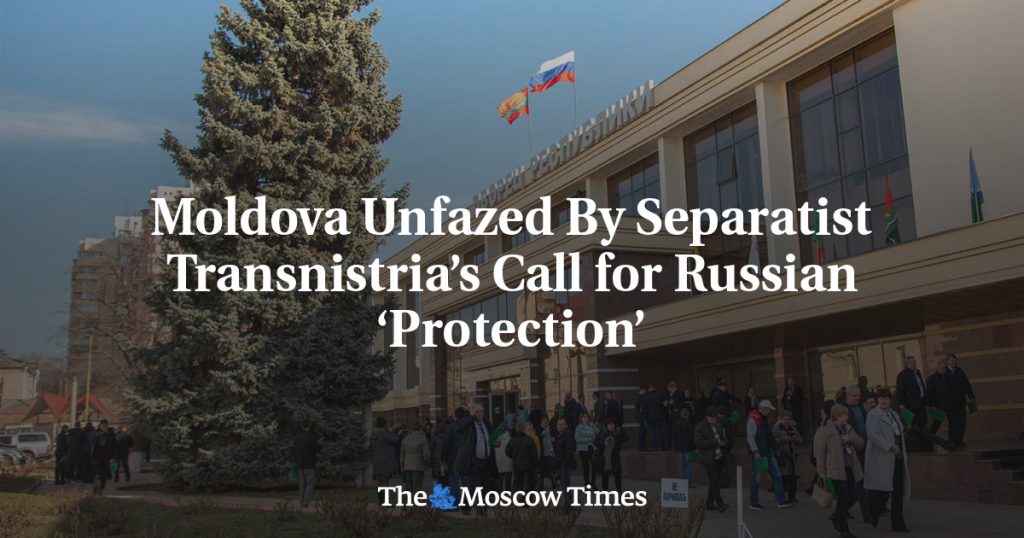Transnistria, a breakaway region of Moldova with ties to Russia, has recently called on Moscow for protection against alleged pressure from Chisinau. Some experts warn that the region could become a conduit for Russia to create instability amid the war in Ukraine, while others remain skeptical. Moldova, one of Europe’s poorest countries, has seen a surge in support for moving closer to the West following Russia’s invasion of Ukraine, with discussions of EU accession and a potential vote later this year.
Last month, Transnistria opened polling locations for Russia’s presidential election in defiance of Moldova’s government. Ukrainian military intelligence reported that a drone strike on a Transnistrian military helicopter was a Russian provocation, with the aircraft reportedly out of service for years. The region appealed to Russia’s parliament for protection, a move that has been met with varying responses regarding the potential for destabilization in Moldova.
While Transnistria has previously held a referendum on joining Russia and has been the site of Russian polling stations, it has not been officially recognized by Moscow as an independent state. Moldovan officials have responded by expelling a Russian Embassy employee in Chisinau. The region’s crackdown on pro-Ukrainian sentiment and recent imposition of customs taxes on Transnistrian imports and exports have added to tensions between the breakaway region and Moldova.
Despite Transnistria’s request for Russian protection, the region has been described as having little bargaining power. Russian troops have been stationed in Transnistria since a conflict in the early 1990s, but the region’s military equipment is outdated, and Russia’s access is limited. Moldova has expressed a commitment to the region’s resolution and is working on EU accession, with a focus on economic integration and potential benefits for Transnistria.
The situation in Transnistria remains a point of international speculation, especially as Moldova advances in discussions with the EU. While there is optimism about the region’s deepening integration with the EU, concerns about the potential impact of developments in Ukraine persist. The geopolitical dynamics between Moldova, Transnistria, and Russia, as well as language and cultural tensions, continue to fuel uncertainty and political maneuvering in the region.
For young Moldovans like Igor Cepoi, who works in media promoting critical thinking, tensions between Moldova and Transnistria are part of the ongoing narrative. Language and cultural differences, as well as vulnerability to Russian propaganda, are key issues in the region. Despite the geopolitical complexities and historical tensions, many Moldovans believe that the threat posed by Transnistria is limited given its outdated military equipment and the region’s current circumstances.


